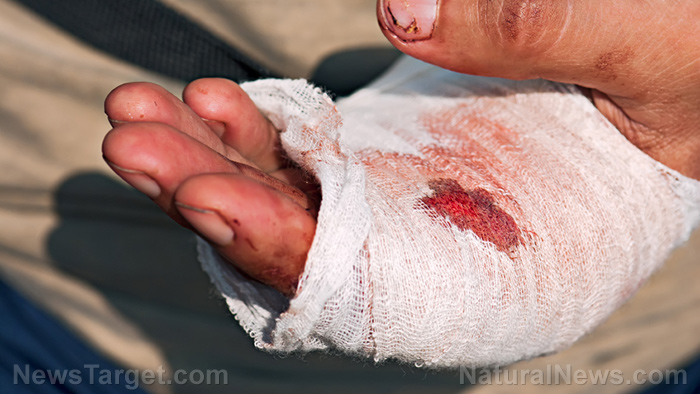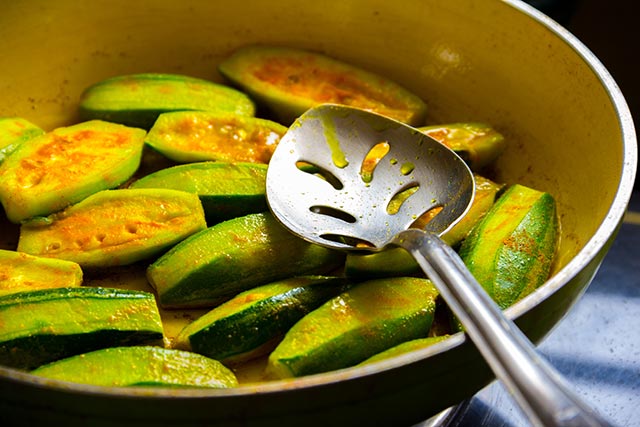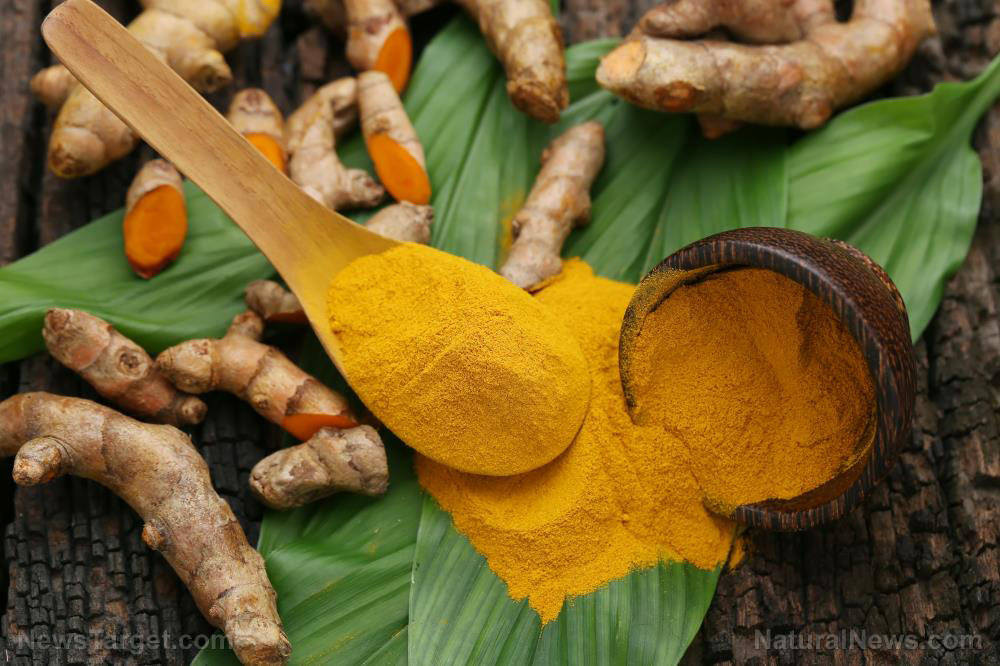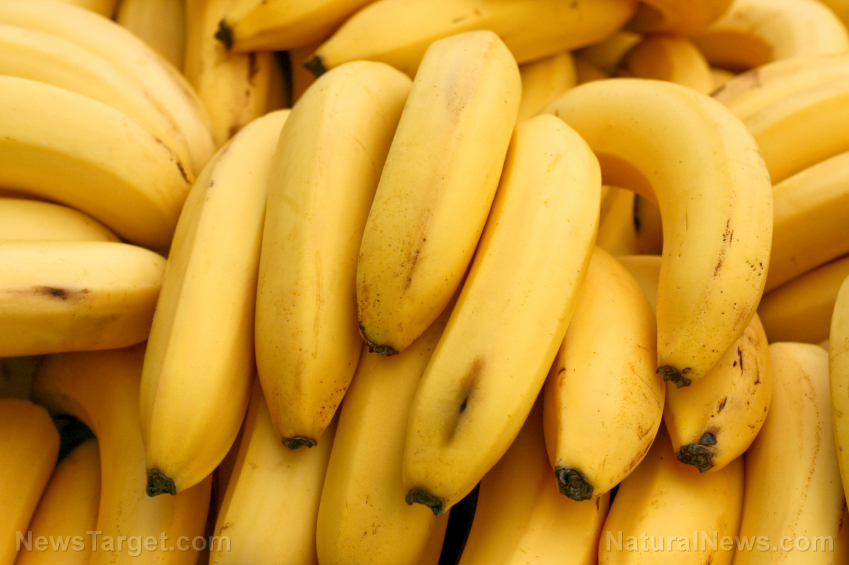Safflower seeds prevent kidney damage caused by chemotherapy
04/12/2019 / By Ralph Flores

Safflower seed extracts can protect the kidneys from the adverse effects brought about by cisplatin treatment, according to a multi-university study in South Korea. Their findings appeared in The American Journal of Chinese Medicine.
- The researchers investigated whether extracts from safflower seeds can have pleiotropic effects in vivo.
- For the study, mice were intraperitoneally injected with cisplatin at 20 milligrams per kilogram (mg/kg) of body weight to induce renal failure.
- Mice in the experimental group were treated with either a 100 or 200 mg/kg oral safflower seed extract two days before cisplatin was administered.
- Researchers took serum and renal biochemical factors three days after cisplatin injection. These included oxidative stress, inflammation, and apoptosis-related protein expression. In addition, they took samples for histological analysis.
- Mice in the control group exhibited losses in body weight and food and water intake, as well as increased kidney weight. However, those pre-treated with safflower seed extracts did not show similar symptoms.
- Safflower seed extract also reduced the levels of reactive oxygen species in the kidney after cisplatin treatment, as well as decreased serum urea nitrogen and creatinine levels.
- While protein expression related to antioxidant defenses was downregulated after cisplatin, safflower seed extract upregulated the expression of catalase. It also modulated the expression of phosphor (p)-p38, nuclear factor-kappa B p65, cyclooxygenase-2, inducible nitric oxide synthase, ATR, p-p53, Bax, and caspase 3 proteins.
- Histological analysis revealed that mice treated with safflower seed extract did not have significant renal damage.
In sum, safflower seed extracts attenuated both oxidative stress- and apoptosis-related markers and exhibited renoprotective activity in mice treated with cisplatin.
Journal Reference:
Park CH, Lee AY, Kim JH, Seong SH, Jang GY, Cho EJ, Choi JS, Kwon J, Kim YO, Lee SW, et al. PROTECTIVE EFFECT OF SAFFLOWER SEED ON CISPLATIN-INDUCED RENAL DAMAGE IN MICE VIA OXIDATIVE STRESS AND APOPTOSIS-MEDIATED PATHWAYS. The American Journal of Chinese Medicine. 3 January 2018;46(01):157–174. DOI: 10.1142/S0192415X1850009X
Tagged Under: alternative medicine, cisplatin, disease treatments, herbal medicine, Herbs, kidney damage, kidney health, natural cures, natural medicine, prevention, remedies, renal damage



















